- Blog
- Destinations Info
- Iceland travel guide: Discover the "Land of the Northern Lights"
Iceland travel guide: Discover the "Land of the Northern Lights"
Iceland is a truly special and captivating country that has a lot to offer. The country is famous for its stunning natural beauty, which includes glaciers, waterfalls, geysers, hot springs, and black sand beaches. Furthermore, Iceland has a rich cultural heritage that includes traditional sagas, folklore, and music as well as is known for being one of the safest countries in the world, with friendly and hospitable people. Let’s get on a trip to discover an Iceland travel guide.

Iceland has a rich cultural heritage that includes traditional sagas, folklore, and music
Best time of year to visit Iceland
If you're looking for green landscapes and warm weather, then spring and summer are the best time of year to visit Iceland. Early spring brings mild temperatures, while summer offers long days with short nights, especially during July and August, which are also the busiest months and the best time of year to visit Iceland for tourists to explore Iceland travel guide. It's important to note that during the summer months, daylight hours are extremely long - lasting around 21 hours at the height of summer, with only three hours of semi-darkness before the sun rises again.
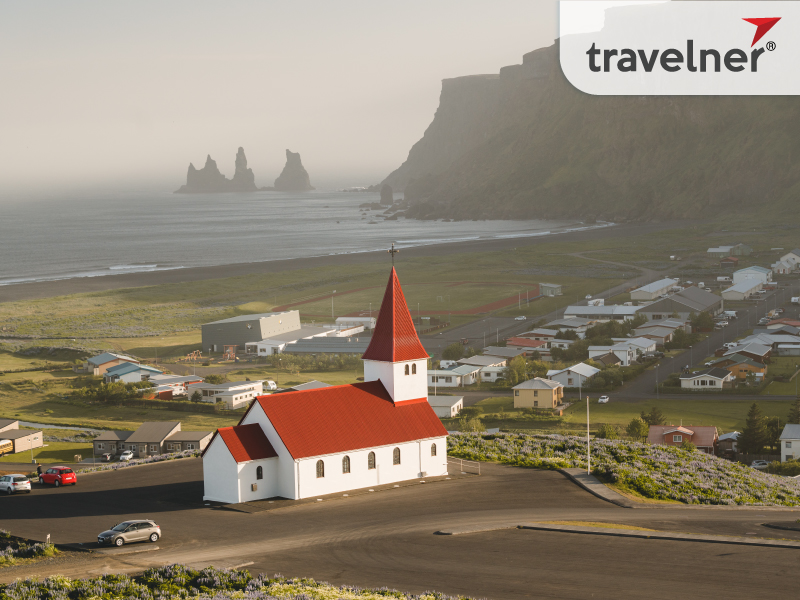
Spring and summer are the best time of year to visit Iceland
Best places to visit in Iceland that are highly recommended for tourists
Reykjavik
Reykjavik, situated on Iceland's southwest coast, is a contemporary and lively city that blends Nordic charm and cosmopolitan style. The downtown region is one of the most frequented parts of the city, with vivid structures, street art, a diverse range of stores, cafes, and restaurants, and several museums, including the National Museum of Iceland and the Reykjavik Art Museum.
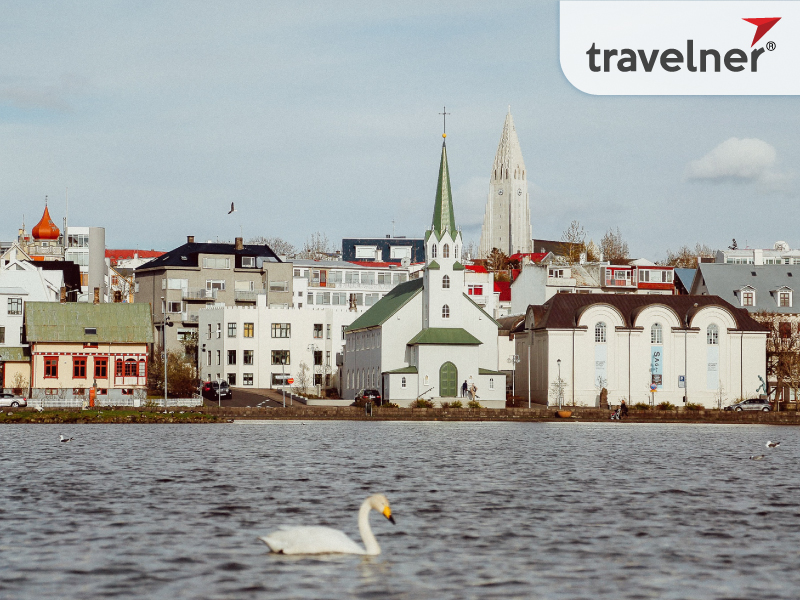
Reykjavik on Iceland's southwest coast, is a contemporary and lively city with Nordic charm and cosmopolitan style
The Hallgrimskirkja, a soaring church that offers elevator access to the top for breathtaking panoramic views of the city and surroundings, dominates Reykjavik's skyline. The city also has Harpa, a magnificent performance theater with a distinctive glass facade, and Perlan, a structure with a planetarium, museum, and rotating café - making Reykjavik as the best place to visit in Iceland.
The Blue Lagoon
The Blue Lagoon is a geothermal spa located in a lava field in Grindavík, southwestern Iceland. Being one of the most visited tourist destinations in the nation, it is renowned for its milky-blue, mineral-rich waters as well as its restorative and therapeutic effects. The lagoon is filled with minerals including silica and sulfur, which are supposed to have healing benefits for the skin. The water is heated by a neighboring geothermal power station.
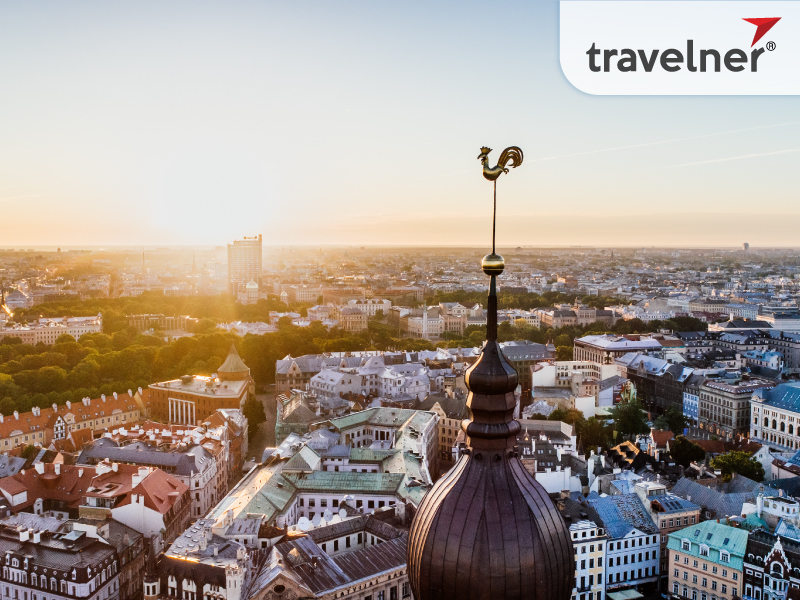
The Blue Lagoon is a geothermal spa located in a lava field in Grindavík
The lagoon's waters are preserved at a comfortable 37–39°C (98–102°F) temperature so that visitors can relax while taking in the breathtaking natural surroundings. Together with numerous dining options, The Blue Lagoon also provides spa services including massages and mud masks.
Jökulsárlón
Jökulsárlón is a large glacial lake in southeast Iceland, located on the edge of the Vatnajökull National Park. The lake is famous for its stunning natural beauty, featuring icebergs of various shapes and sizes that have broken off from the nearby Breiðamerkurjökull glacier. Jökulsárlón is the deepest lake in Iceland, and its unique setting has made it a best place to visit in Iceland for tourists and filmmakers alike.
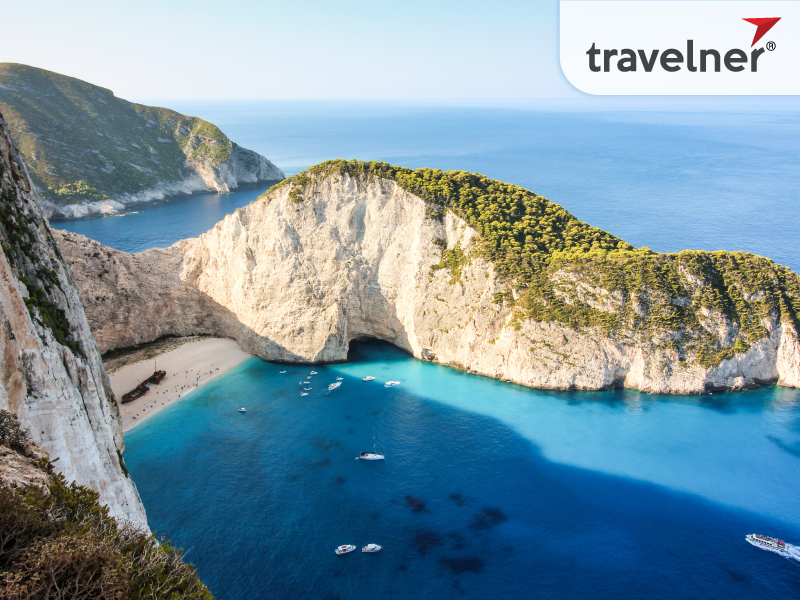
Jökulsárlón is a large glacial lake on the edge of the Vatnajökull National Park
Visitors can take boat tours to explore the lake and get up close to the icebergs, or simply admire the scenery from the shore. The area around Jökulsárlón also offers a range of hiking and camping opportunities for those who want to explore more of the region's natural beauty.
Is it safe to travel to iceland?
All the destinations in the Iceland travel guide are usually regarded as a safe destination. Iceland has a low crime rate, and its residents are renowned for their friendliness and hospitality. Travelers should, however, exercise common sense caution to guarantee their safety as they would in any location. Always be mindful of your surroundings and keep a watch on your valuables, especially in popular tourist places.
It's also vital to pay attention to the weather and road conditions in Iceland because they can change fast and without warning, especially during the winter. Visitors should also be aware of and abide by any safety precautions given by tour providers, especially for pursuits like glacier treks, ice cave excursions, and whale watching.
Iceland travel requirements in 2023
All visitors to Iceland must complete a pre-registration form beforehand and present documentation of full COVID-19 immunization or a negative PCR test performed within 72 hours of departure as Iceland travel requirements. Alternatively, visitors can present documentation of a prior COVID-19 infection that occurred within the previous six months if they want to discover Iceland travel guide.
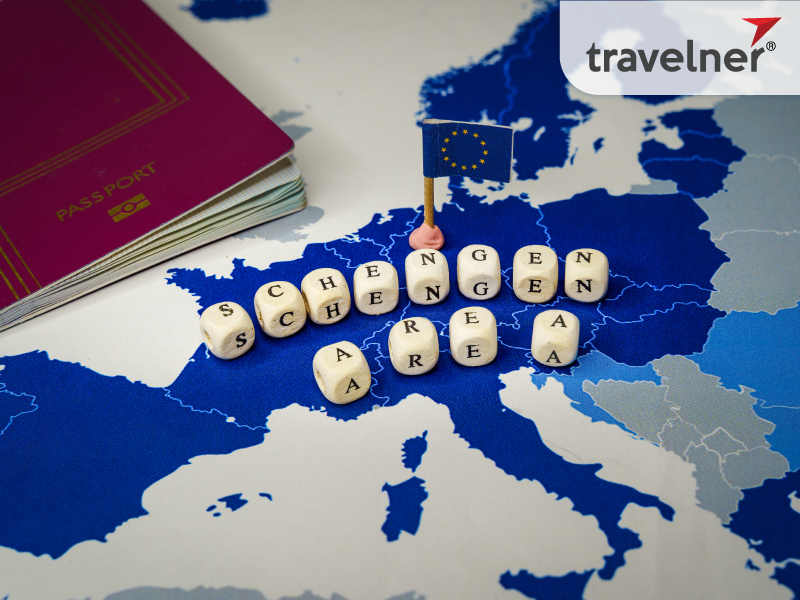
Schengen visa and travel insurance is mandatory for tourists as entry requirements
Moreover, Iceland belongs to the Schengen area so international tourists must show a Schengen visa before entering this country. Travel insurance is mandatory as Iceland travel requirements for all travelers who want to apply for a visa. Currently, Travelner is providing a reputable Iceland travel insurance that covers a lot of benefits to prevent unexpected situations during your trip in our Iceland travel guide. Be sure that your trip is protected by our insurance for the next trip!







